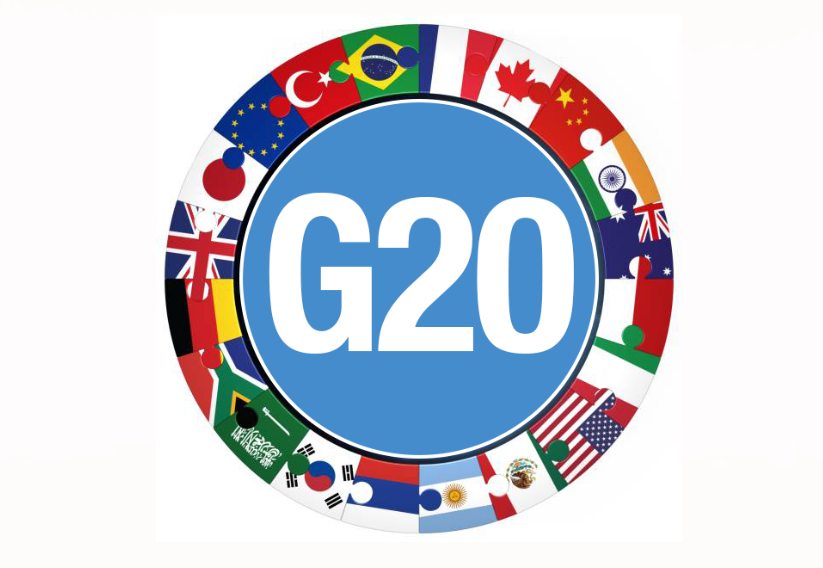Wealth inequality is a global emergency that threatens democracy and social cohesion, experts warned on Tuesday, urging G20 leaders meeting in South Africa this month to establish a panel to tackle the crisis.
The “inequality emergency” is leaving billions hungry and could worsen under the United States’ “law of the jungle” approach to trade under President Donald Trump, a committee led by Nobel Prize-winning economist Joseph Stiglitz said in a new report.
The proposed panel on inequality was inspired by the UN’s expert Intergovernmental Panel on Climate Change, which analyses the risks and impact of global warming and proposes solutions.
“One in four people worldwide now regularly skip meals, whilst billionaire wealth has now hit the highest level in history,” said the report, which was commissioned for the Johannesburg summit of the world’s top economies in the Group of 20 (G20).
Between 2000 and 2024, one per cent of the world’s population captured 41 per cent of all new wealth, of which just one per cent went to the poorest 50 per cent, it said.
While income inequality between individuals declined in recent decades, largely due to economic development in China, there has been a major increase in inherited wealth, with $70 trillion expected to be handed down to heirs in the coming 10 years, it said.
“The world understands that we have a climate emergency; it’s time we recognise that we face an inequality emergency too,” Stiglitz said in a statement.
“It isn’t just unfair and undermining societal cohesion — it’s a problem for our economy and our politics too,” he said.
‘Law of the jungle’
The report warned that US policies, including the imposition of tariffs on trading partners, risked increasing inequality.
“This new world, in which the powerful break rules with impunity and we move away from a rules-based international order towards a ‘law of the jungle,’ could entrench unequal exchange, investment and technology patterns,” it said.
The report — commissioned by South African President Cyril Ramaphosa, whose own country is one of the most unequal in the world, based on World Bank calculations — said economic inequality undermined democracy and led to increasing authoritarianism.
“Inequality erodes trust in institutions, fuels political polarisation, can reduce participation among poorer citizens and residents, and creates social tensions of different kinds,” it said.
More than 80 per cent of countries experienced “high inequality,” based on the World Bank definition, and these nations were seven times more likely to experience democratic decline.
Target tax, monopolies
The six-person committee said the proposed International Panel on Inequality would analyse all aspects of inequality — from land ownership to tax avoidance — and inform policymaking.
Measures to tackle the problem included fair taxation of multinational corporations and the very wealthy, breaking up monopolies, stabilising prices and restructuring the debt of highly indebted countries.
South Africa is the first African nation to hold the presidency of the G20 grouping of 19 countries, alongside the African Union and the European Union.
Together they represent 85 per cent of global GDP, 75 per cent of international trade, and two-thirds of the world’s population.
Trump has indicated that he would not attend the November 22-23 summit.
Stiglitz told reporters he did not expect Washington, the next G20 president, to back the proposal for an equality panel, but “hopefully a majority of countries would eventually join in.”
Ramaphosa said the report was “a blueprint for greater equality,” which South Africa wanted to put on the international agenda through its G20 presidency.
“Addressing inequality is our inescapable generational challenge. This report lays out prudent and pragmatic steps we can take to reduce it,” he said in a statement.
AFP















